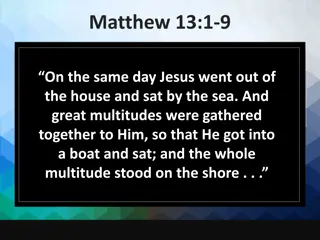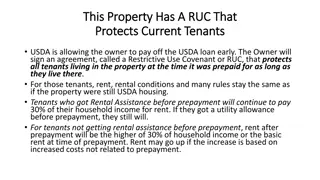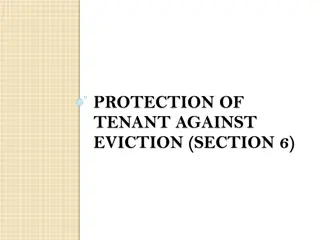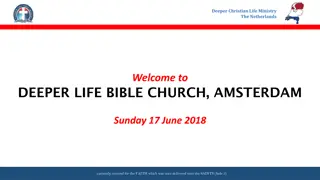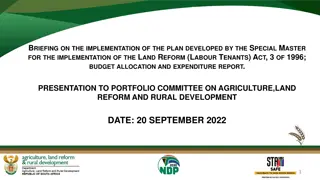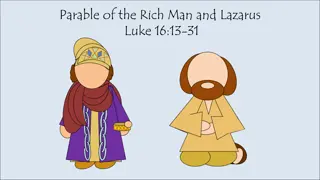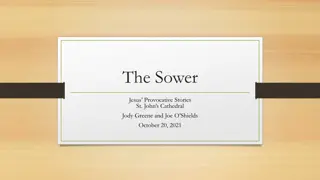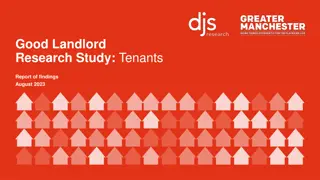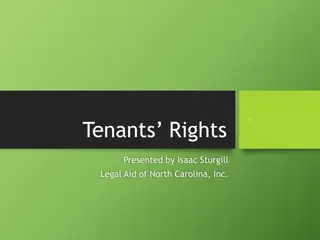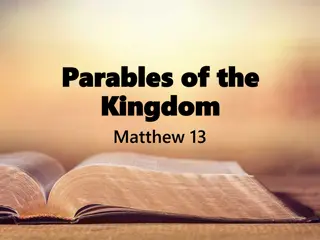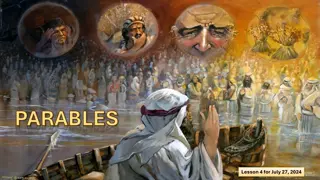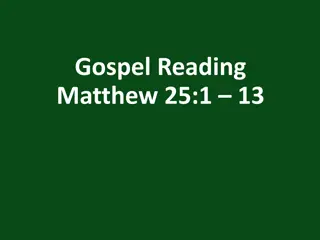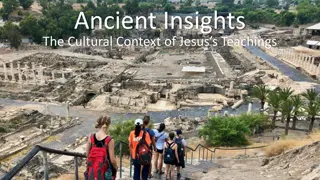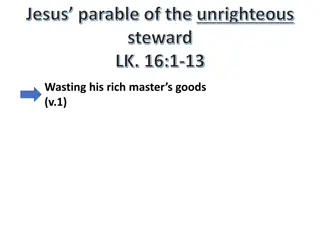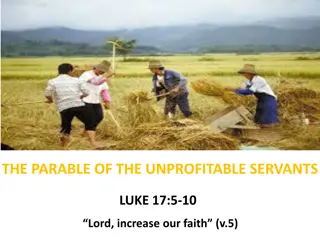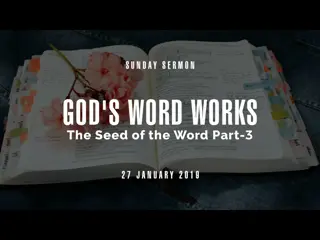
Biblical Parables of the Vineyard and the Rejected Stone
Explore the powerful parables of the vineyard in the Bible where tenants mistreat messengers and the owner's son, leading to consequences. Discover the significance of the rejected cornerstone and reflect on the metaphorical meaning behind these profound teachings from Mark and Isaiah.
Download Presentation

Please find below an Image/Link to download the presentation.
The content on the website is provided AS IS for your information and personal use only. It may not be sold, licensed, or shared on other websites without obtaining consent from the author. If you encounter any issues during the download, it is possible that the publisher has removed the file from their server.
You are allowed to download the files provided on this website for personal or commercial use, subject to the condition that they are used lawfully. All files are the property of their respective owners.
The content on the website is provided AS IS for your information and personal use only. It may not be sold, licensed, or shared on other websites without obtaining consent from the author.
E N D
Presentation Transcript
Jesus then began to speak to them in parables: A man planted a vineyard. He put a wall round it, dug a pit for the winepress and built a watchtower. Then he rented the vineyard to some farmers and moved to another place.2At harvest time he sent a servant to the tenants to collect from them some of the fruit of the vineyard.3But they seized him, beat him and sent him away empty-handed.4Then he sent another servant to them; they struck this man on the head and treated him shamefully.5He sent still another, and that one they killed. He sent many others; some of them they beat, others they killed. Mark 12:1-5 NIV
He had one left to send, a son, whom he loved. He sent him last of all, saying, They will respect my son. But the tenants said to one another, This is the heir. Come, let s kill him, and the inheritance will be ours. So they took him and killed him, and threw him out of the vineyard. What then will the owner of the vineyard do? He will come and kill those tenants and give the vineyard to others. Mark 12:6-9 NIV
Havent you read this passage of Scripture: The stone the builders rejected has become the cornerstone; the Lord has done this, and it is marvellous in our eyes ? Then the chief priests, the teachers of the law and the elders looked for a way to arrest him because they knew he had spoken the parable against them. But they were afraid of the crowd; so they left him and went away. Mark 12:10-12 NIV
I will sing for the one I love a song about his vineyard: my loved one had a vineyard on a fertile hillside. He dug it up and cleared it of stones and planted it with the choicest vines. He built a watchtower in it and cut out a winepress as well. Then he looked for a crop of good grapes, but it yielded only bad fruit. Isaiah 5:1-2 NIV
Now you dwellers in Jerusalem and people of Judah, judge between me and my vineyard. What more could have been done for my vineyard than I have done for it? When I looked for good grapes, why did it yield only bad? Now I will tell you what I am going to do to my vineyard: I will take away its hedge, and it will be destroyed; I will break down its wall, and it will be trampled. Isaiah 5:3-5 NIV
I will make it a wasteland, neither pruned nor cultivated, and briers and thorns will grow there. I will command the clouds not to rain on it. The vineyard of the Lord Almighty is the nation of Israel, and the people of Judah are the vines he delighted in. And he looked for justice, but saw bloodshed; for righteousness, but heard cries of distress. Isaiah 5:6-7 NIV
The Revealing God He sent many others; some of them they beat, others they killed (Mark 12:5). God has revealed Himself. For those who do not believe God, a common response is that if God was real, He would have shown Himself. That if He was real, He would have made Himself known. But the Bible makes clear that he has. The context here is specifically Israel. God had sent numerous prophets. But even for those who are not Israelites, Romans 1 and Psalm 19 remind us that God has communicated who He is through creation. The landlord has written letters. But far more significantly, God has sent His Son. There could not be anything clearer than the coming of the Son of God who worked marvellous miracles and rose from the dead. God has made Himself clear.
The Wickedness of the Tenants But the tenants said to one another, This is the heir. Come, let s kill him, and the inheritance will be ours (Mark 12:7). The reason we reject God is not because He has not made Himself clear. It is because of our own wickedness. This wickedness is seen in the way that the tenants treat God s prophets and teachers. It is shown in the fact that the prophets were all persecuted and most of them were killed. But ultimately, the wickedness of the leaders is seen in their killing of the Son of God. But this is true of us. We love our sin and we hate God. Our rebellion against God is treason and naturally we would be those who killed Jesus. The judgement is that light came into the world but people loved darkness rather than light because their deeds were wicked (John 3:19).
The Patience of God He sent him last of all, saying, They will respect my son (Mark 12:6). Nevertheless, I want us to see just how patient the landlord is. How many letters would you send if your tenant refused to pay the rent? And yet God has been so patient. He continues to sustain our breath and give us rain and sun. The wickedness of people only serves to highlight the patience of this God. But God s patience is meant to lead us to repentance. The reason why we live in rebellion against God is not because He has failed to make Himself clear. It is because He has been so patient and we have mistaken His patience for weakness. But His patience will not last forever. The next thing on the calendar is God s coming in judgement and we must repent.


